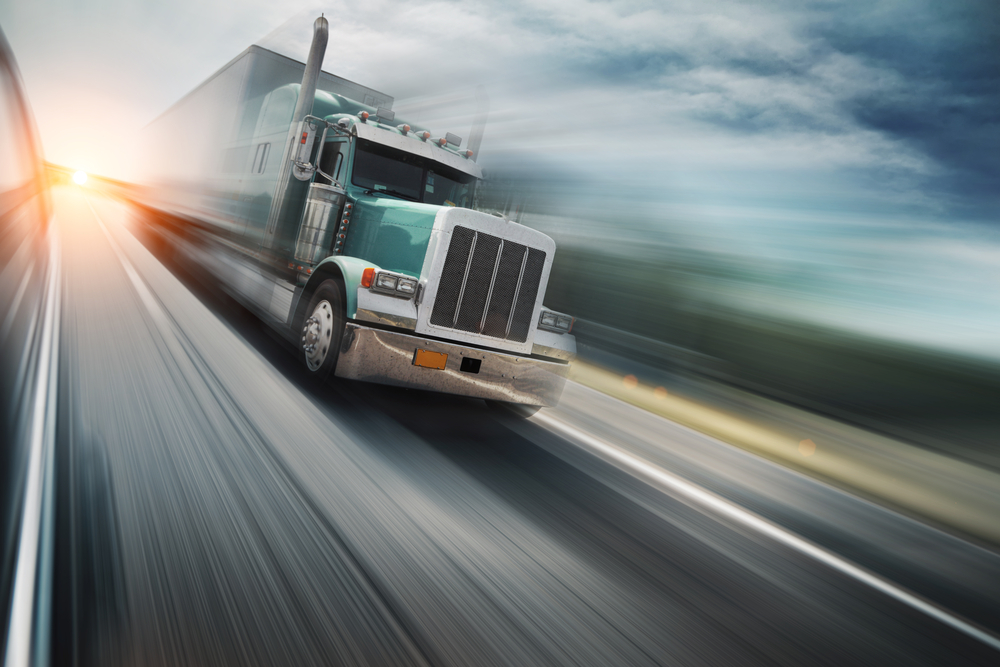Types of Commercial Driver’s Licenses in Florida
August 30, 2022 | Sagi Shaked | Truck Accidents

Driving a commercial motor vehicle requires a high level of skills, experience, knowledge, and physical abilities, according to the Federal Motor Carrier Safety Administration (FMCSA). Therefore, an individual must obtain a commercial driver’s license (CDL) to operate semi-trucks, 18-wheelers, tractor-trailers, big rigs, and other commercial vehicles.
Additionally, truck drivers are held to a higher standard when they operate a large truck. Truck accidents routinely kill and seriously injure thousands of people each year. Over 70% of the victims of large truck accidents are occupants of passenger vehicles.
The FMCSA recently enacted regulations setting the baseline for entry-level driver training. The training helps ensure that individuals are prepared to operate a commercial motor vehicle safely.
Florida’s Requirements for a Commercial Driver’s License
Before you apply for a commercial driver’s license in Florida, you must have an Operator’s License, pass skills and knowledge tests, and pass a vision examination. In addition, you must be at least 18 years old. Drivers under 21 years old are restricted to intrastate driving (within Florida).
There are three classes of commercial driver’s licenses in Florida:
Class A Commercial Driver’s License
The requirements for a Class A CDL are:
- Knowledge tests covering general knowledge, combination vehicles, and air brakes
- Skills test that covers basic vehicle control, pre-trial vehicle inspection, and an on-road test
- Applicable knowledge tests for CDL endorsements
A Class A license allows you to operate a commercial motor vehicle weighing 26,001 pounds or more while towing a trailer or vehicle weighing over 10,000 pounds.
Class B Commercial Driver’s License
The requirements for a Class B CDL are:
- Knowledge test covering general information and air brakes, if applicable
- Skills test including an on-road test, basic vehicle control, and pre-trip vehicle inspection
- Knowledge examinations for applicable endorsements
A Class B license allows you to operate buses and straight trucks weighing 26,001 pounds or more.
Class C Commercial Driver’s License
The requirements for a Class C CDL are:
- Knowledge test, including a section on air brakes, if applicable
- Skills test that covers pre-trip vehicle inspection, an on-road test, and basic vehicle control
- Endorsement knowledge tests
A Class C license allows you to operate commercial motor vehicles weighing less than 26,001 pounds that transport 16 or more passengers, including the driver or hazardous materials.
Obtaining Endorsements For Your Commercial Driver’s License in Florida
An endorsement on your commercial driver’s license gives you the authority to drive specific vehicles or transport specific materials. You must pass a specialized knowledge test to obtain a CDL endorsement. In some cases, you are also required to pass an additional skills test.
The CDL endorsements available include:
- School Bus (S) – Allows you to transport pre-primary, elementary, and secondary school students to and from home and school. Bus drivers may also transport children on school-sponsored field trips and events. You must also have a P endorsement.
- Passengers (P) – Allows you to drive a commercial motor vehicle to transport more than 15 passengers, including the driver.
- Tank Vehicles (N) – Allows you to drive tank vehicles that transport liquids or liquefied gas.
- Placarded Hazmat (H) – Allows you to drive commercial vehicles that transport hazardous materials that require a special placard, such as flammable liquids, combustible materials, and explosives. You must also pass an extensive background check.
- Double/Triple Trailers (T) – Allows you to operate tractor trailers with two or three trailers. However, triple trailers are not permitted on Florida roads.
- Combination H & N Endorsement (X) – Allows you to operate a tank vehicle that transports hazardous materials.
Endorsements require additional testing and knowledge because of the size of the truck or the loads that the driver may be hauling. All truck drivers require specialized training to help them avoid causing a truck accident.
Common Causes of Commercial Truck Accidents in Florida
Even though a truck driver goes through training and testing, it does not mean the driver is perfect. Human error and negligence cause most large truck accidents.
Common causes of truck accidents include:
- Drowsy and tired driving
- Drugged and alcohol-impaired driving
- Speeding and reckless driving
- Failure to check blind spots
- Tailgating and following too closely
- Misjudging turns and distance
- Distracted driving, including texting while driving and using cell phones, GPS devices, and radios
Truck accidents cause catastrophic injuries, including paralysis, amputations, disfigurement, and traumatic brain injuries. The damages caused by the truck crash can be costly.
Truck accident victims can recover money for their non-economic and economic damages. However, they must deal with large trucking companies and insurance providers with endless resources to fight claims. A Miami truck accident lawyer can even the playing field with the resources, knowledge, and skills to fight back.
Contact Our Truck Accident Law Firm in Miami, FL
If you’ve been injured in an accident in Miami, FL and need legal help, contact our Miami truck accident lawyers at Shaked Law Personal Injury Lawyers to schedule a free consultation.
Shaked Law Personal Injury Lawyers
20900 NE 30th Ave Suite 715
Aventura, FL 33180
(305) 937-0191
